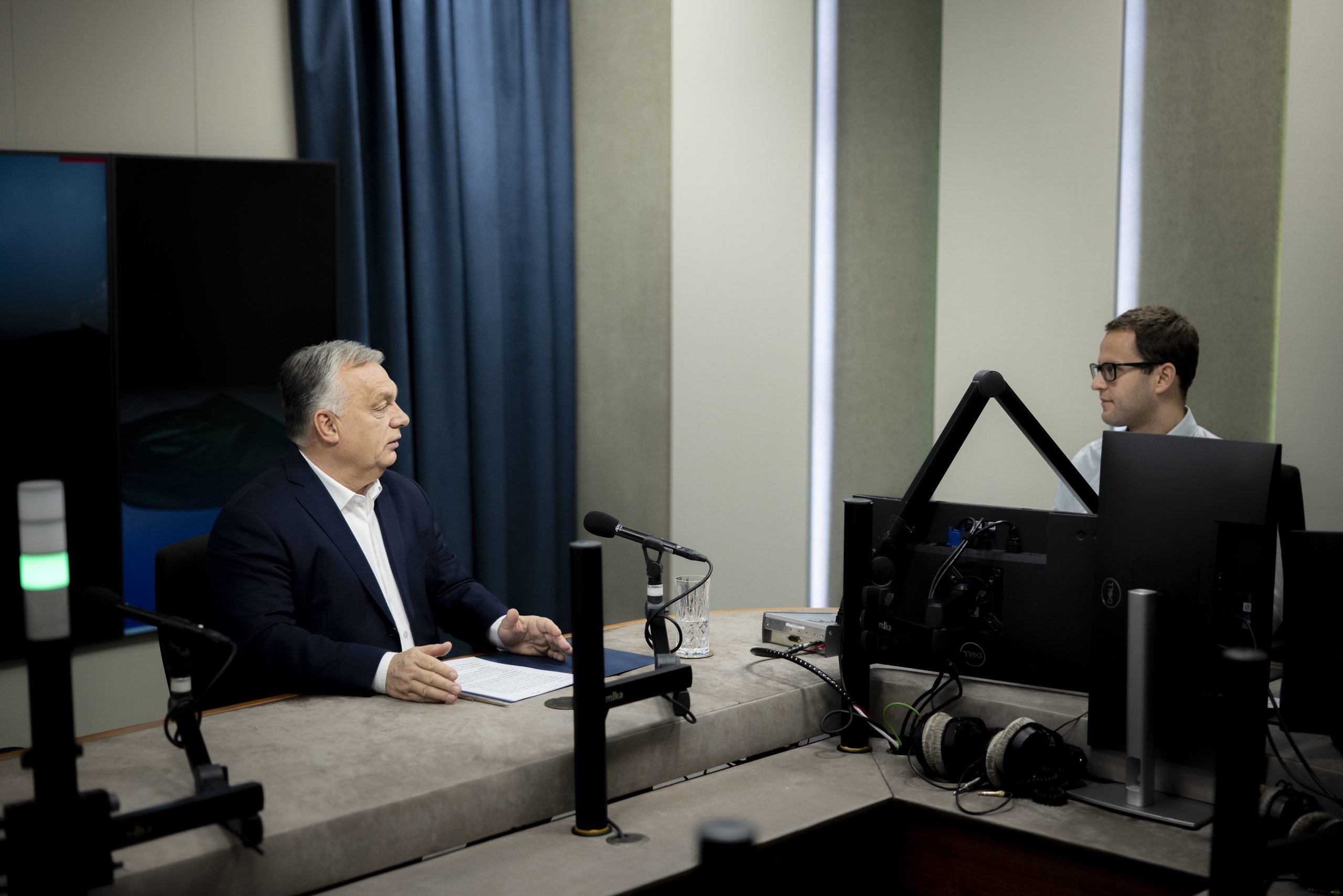
The politician emphasized efforts to secure a ceasefire in the Russia-Ukraine war, particularly over Christmas.Continue reading

Hungary has played an active role in advocating for a peaceful resolution to the Russian-Ukrainian conflict, according to Minister of Foreign Affairs and Trade Péter Szijjártó. Speaking on Radio Kossuth, Minister Szijjártó emphasized that Hungary has worked tirelessly over the past thousand days to promote dialogue, ceasefire, and peace talks.
The politician reiterated Hungary’s stance that the ongoing war cannot be resolved on the battlefield. He highlighted the devastating human toll of the conflict, with huge casualties and no significant changes to the military balance.
There is no solution to this war through arms; the only path forward is negotiations and a ceasefire,”
he stated.
As Christmas approaches, Prime Minister Viktor Orbán has proposed a humanitarian initiative to implement a temporary ceasefire and a large-scale prisoner exchange. This measure would allow hundreds, potentially thousands, of people to spend the holidays with their families and ensure no casualties during the ceasefire period. The Prime Minister recently held a one-hour phone conversation with Russian President Vladimir Putin to advocate for this initiative. However, when Hungary requested a similar discussion with Ukrainian President Volodymyr Zelenskyy, the proposal was “politely declined,” which Szijjártó called an ‘unprecedented diplomatic gesture.’
He pointed out that Hungary has gone above and beyond what could be expected from a country of its size and position.
During Hungary’s recent presidency of the EU Council, the country actively pushed for ceasefire discussions and peace talks.
The politician noted that a unique peace proposal is now on the table, but while one party has deemed it acceptable, the other has rejected it. He refrained from naming specific parties but reiterated Hungary’s commitment to peace-building.
The minister also addressed threats to Hungary’s embassy in Paris, which recently received a bomb threat via email. French authorities promptly secured the site, and no explosives were found. The embassy has since returned to normal operations, but security measures have been heightened.
Péter Szijjártó also criticized the recent inclusion of Gazprombank on the U.S. sanctions list, calling it a move “less worthy of an ally.” He highlighted the challenges this posed for Central and southeast European countries that rely on Gazprombank for energy transactions with Russia. After weeks of negotiations with regional partners, Hungary found a legal solution to ensure energy security without violating U.S. sanctions.
The Foreign Minister condemned the spread of fake news about Syrian President Bashar al-Assad’s alleged landing in Budapest, labeling it a dangerous and potentially orchestrated intelligence operation. He called for a thorough investigation to identify those responsible, emphasizing that such actions posed severe risks to Hungary’s security.
The minister concluded by warning of the world’s “particularly dangerous situation” with ongoing armed conflicts, terrorist threats, and geopolitical tensions.
Hungary, he said, will continue to advocate for peace, diplomacy, and stability, reinforcing its commitment to humanitarian efforts and regional security.
Via MTI; Featured image via Pixabay